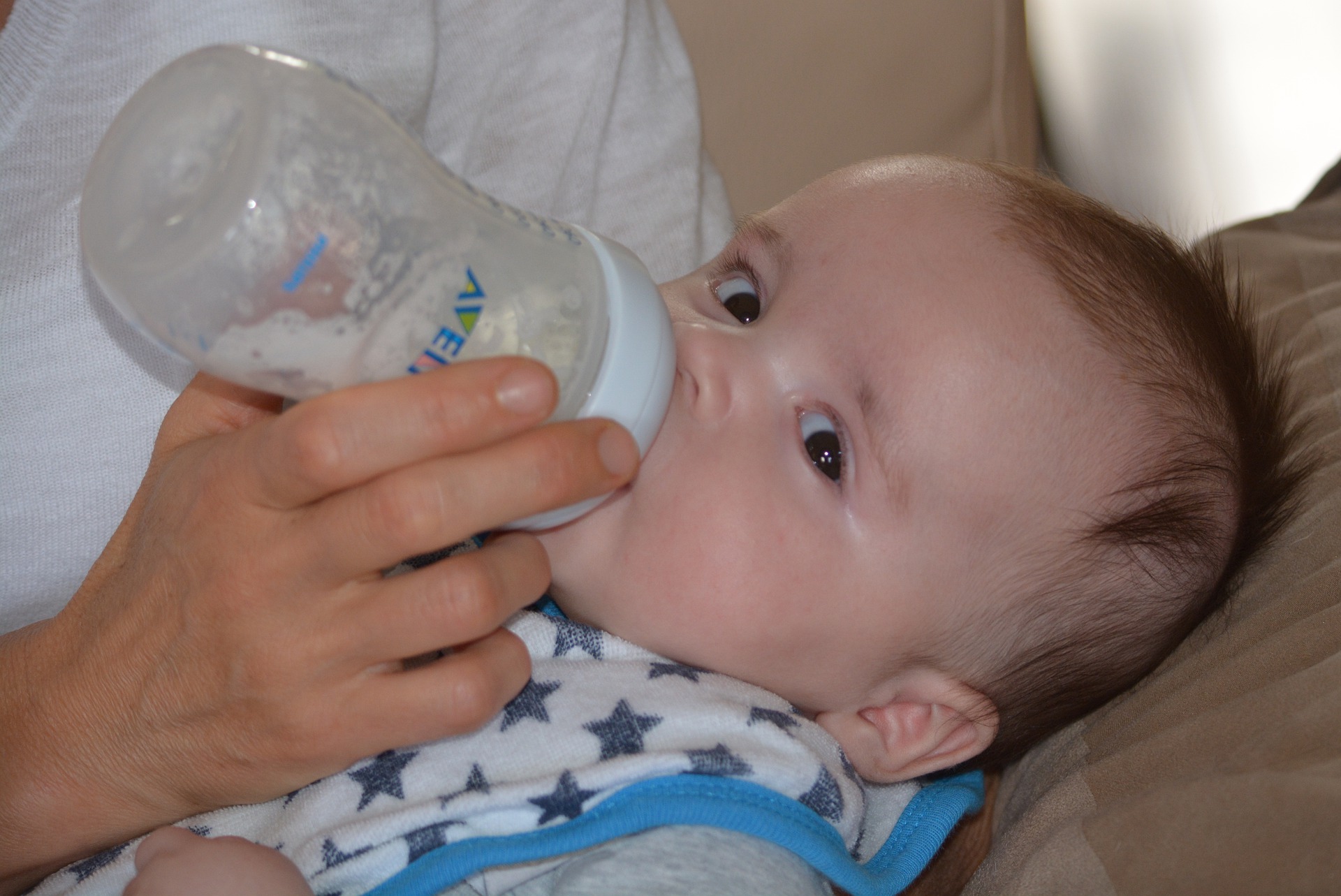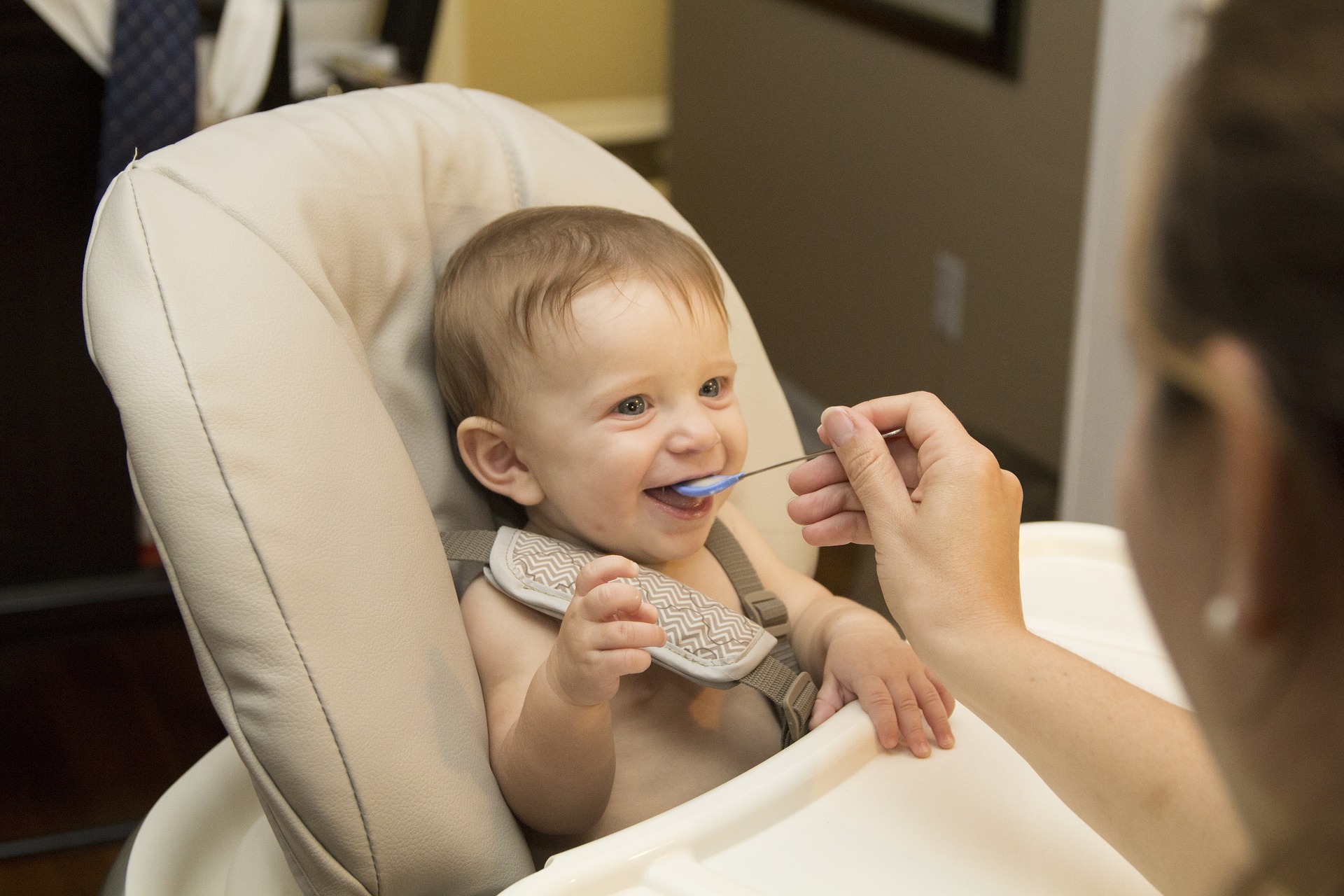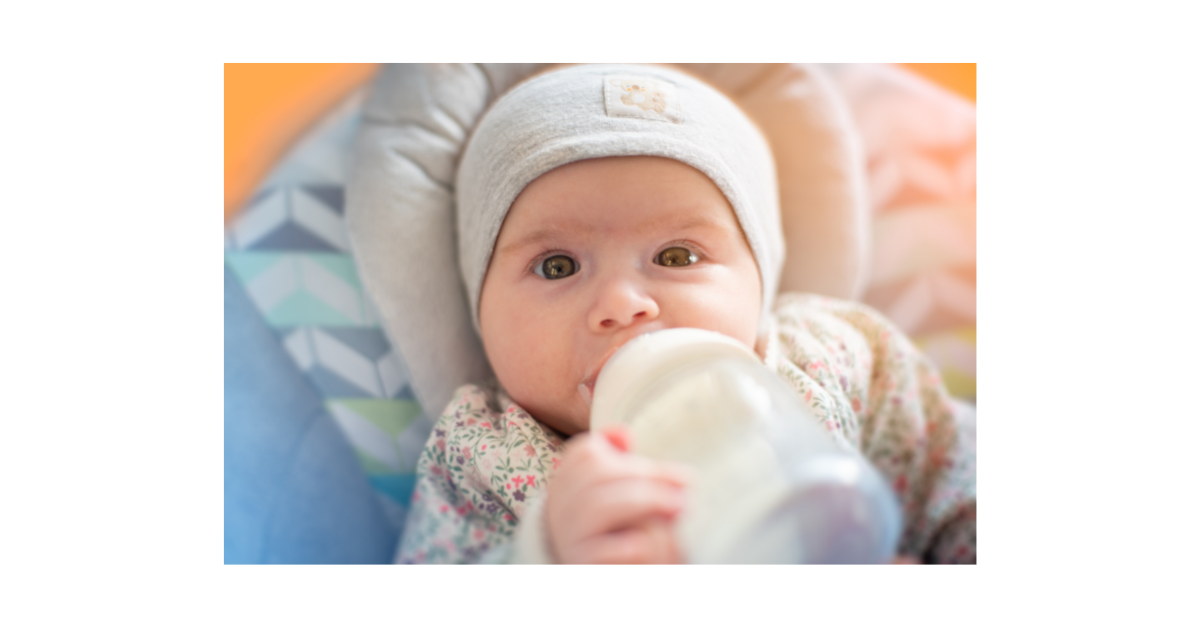Sharon is back! After a few months away I am back to my blog here at BabyKidCare!
The time has come to introduce solid foods to your baby, so let’s talk about rice cereal vs oat cereal, which do you think is better? This is new progress that allows for some beautiful images to be taken of dirty faces and maybe some long stretches without the need for nursing or bottle feeding. It’s hard to know where to begin when there are so many options available.
Rice Cereal Vs Oat Cereal: Which Is Better?
Various brands and tastes of pre-packaged oatmeal and rice cereals are easily accessible. Depending on your tastes and your baby’s reaction to the new meal, you may decide to offer one or the other to your infant.
You should try oats because they have a nutty flavor that your kid could enjoy. Nuttiness can also be found in other kinds of rice, such as brown, black, and basmati. Oats may have anticancer effects and protect against gastrointestinal issues.
Oats are among the 14 most common allergies, despite their increased nutritional value. However, rice allergies are uncommon. However, there is rising worry that rice and rice-based products may contain unsafe levels of arsenic.
As of 2016, rice and rice products had the second highest arsenic content of any food studied by the FDA for their risk assessment study. The presence of heavy metals in infant food is cause for concern because of the potential damage they can do to your child’s developing brain.
Issues with behavior, learning, and thinking may result. Oats don’t have any arsenic, but they do have lower levels of other harmful metals than rice. Which, however, is better, rice or oatmeal cereal? The American Academy of Pediatrics (AAP) suggests feeding your infant iron-fortified cereals made especially for them.
Read Also: Holle Goat Milk Formula- Which Stage Is Correct for Baby?
Rice Cereal Facts
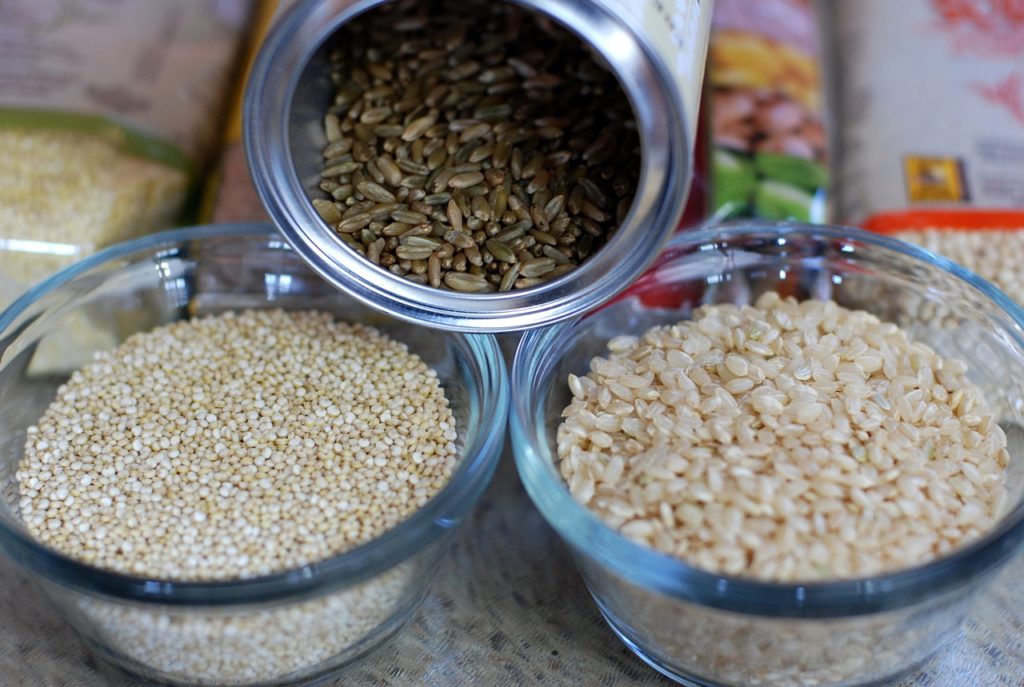
A non-profit institution In 2012, Consumer Reports, evaluated several varieties of rice and rice-based foods. Many brands of infant cereal were found to contain arsenic at dangerously high levels.
Pros Of Rice Cereal
- An allergy to rice is possible, although extremely unusual. It’s common knowledge that this grain has a low allergenicity rating.
- White rice is the most widely consumed of the several types of rice available. This variety of rice cereal is used in a wide variety of food products.
- If your child prefers a more nutty flavor, you can choose a cereal made with brown, basmati, or black rice instead of the more bland white rice.
Cons Of Rice Cereal
- White rice often lacks flavor.
- High arsenic levels have been found in several rice and rice-based products.
- Rice and rice products have the second-highest arsenic content of all foods, according to the FDA’s 2016 risk assessment study.
- Your child’s cognitive, behavioral, and learning abilities could be negatively impacted by this source’s high arsenic concentration.
- According to research published in 2017 by HBBF (Healthy Babies Bright Futures), baby cereal made with rice includes more than 84 percent more inorganic arsenic than cereals made with other grains or without rice.
See Also: Similac Alimentum Vs Enfamil Nutramigen: Which Hypoallergenic Formula is Better?
Oat Cereal Facts
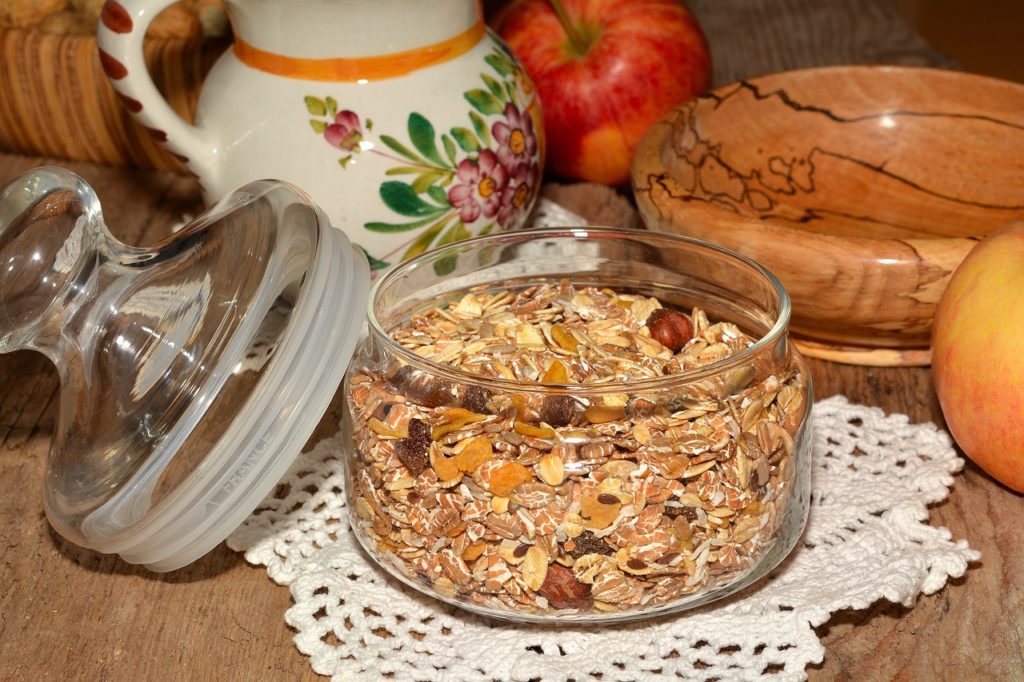
While many kids love the taste of oatmeal, it’s not as popular as rice cereal. It doesn’t have a bland or nutty flavor, it has a more earthy taste.
Oats are among the top 14 allergens in the US, but they’re not as allergenic as some of the other foods on that list.
If you have a family history of allergies, talk to your doctor before giving oats to your baby. gluten-free diet since they don’t contain gluten.
Pros Of Oat Cereal
- The nutty flavor of oats may be a hit with your youngster.
- The nutritional value of oats may exceed that of rice.
- Lipids (the body’s energy reserve), phytochemicals (to help the immune system), and vitamin E (antioxidants that may help protect your baby’s body from dangerous free radicals) are abundant in these foods.
- Your infant may benefit from the additional dietary fibers provided by oats in the treatment or prevention of constipation.
- Oats can help keep your tummy healthy and may even help fight cancer.
- Oatmeal, a whole grain, is one example of a food that is low in saturated fat. They have the potential to lower cholesterol and protect your child’s heart from early disease.
- Arsenic is present in both oats and rice, but oats typically have lower quantities of this dangerous metal.
- Consumer Reports’ tests suggested that some baby rice cereals may contain at least five times as much inorganic arsenic as other options like oatmeal.
Cons Of Oat Cereal
- Oats are one of the top 14 allergens in the US.
- If you have a family history of allergies, talk to your doctor before giving oats to your baby.
- While oats don’t contain gluten, they may be contaminated with it if they’re processed in the same facility as wheat, barley, or rye.
- Some brands of oatmeal cereal can be high in sugar. Be sure to read the labels carefully before purchasing.
You Might Like: When Do Babies Stop Wearing Onesies?
Best Choices For Rice Cereals and Oat Cereals
Whatever cereal you like most is fine to feed your infant. On the other hand, these items are great options if you want to offer a gift that includes rice:
Bio-Kinetics Brown Rice
- Ingredients include organic sprouted brown rice, carrots, and lentils.
- Not only does it not include any synthetic vitamins or minerals, but it also lacks any added preservatives.
- Iron reinforces the structure (2 mg).
- Furthermore, it’s a good source of calcium (11 mg).
Quacker Oats
- Made entirely of whole oats It has no gluten, sugar, or salt added (salt).
- Iron reinforces the structure (1.5 mg).
- Furthermore, it’s a good source of calcium (20 mg).
- The Non-GMO Project has certified this product to be non-genetically modified.
Check This: Aquaphor vs A&D: Which is Better for Baby?
So Which Is Better?
To help you decide between oatmeal and rice cereal, keep the following in mind:
Rice Cereal Is The Choice If:
- You would rather like your baby to consume a breakfast cereal that presents a lower risk of triggering an allergic reaction.
Oat Cereal Is The Choice If:
- Your baby favors the nutty flavor of oats over other breakfast cereals. You would rather provide your child with cereal that has a greater nutritive value.
- You should consume a cereal that is abundant in phytochemicals, which help the immune system, lipids, which are the body’s energy reserve, and vitamin E. (antioxidants that fight harmful free radicals).
- You favor cereals that have the potential to alleviate gastrointestinal issues and relieve constipation.
- You favor cereals that have the potential to inhibit cancer growth and lessen the likelihood that your child may develop heart disease.
- You should look for a cereal that has a low concentration of arsenic and other potentially harmful heavy metals.
The Verdict
If you are looking for an inexpensive and hypoallergenic diet option for your infant, rice cereal is a fantastic option to consider. However, oat cereal is higher in fiber and vitamin content, and there is a possibility that it is less likely to contain potentially dangerous poisons such as arsenic. Before providing either of these foods to your child, you should discuss the possibility of allergic reactions with your child’s pediatrician.








